How to bring the authentic ‘you’ to your presentations and speeches.
“Be yourself; everyone else is taken” – Oscar Wilde
In a survey conducted a little while ago into mankind’s greatest fear, public speaking came first on the list.
Death came third in that survey, which in effect is telling us that, were you to speak at a funeral, you would actually prefer to be in the coffin than standing in front of it!
It’s crazy to think that, according to that particular survey, we would rather die than ‘stand and deliver’, so it’s worth having a think about the factors that stand in the way of our being relaxed, authentic and natural on our feet.
There are 2 main factors – Focus and Rehearsal
Focus
There are 2 points to make here.
- Focus on the audience
There is a saying in my industry to the effect that nerves are essentially selfish.
A little judgemental, perhaps. But the statement poses an interesting question: – who are you focussing on when you are nervous? Yourself or the audience?
The answer is plain.
So, a nice little trick is to remember that a speech or presentation is not something to be survived, but instead it’s an opportunity. An opportunity to inspire, excite and captivate your audience.
- Focus on what really matters
I was giving some coaching to a very senior executive a little while ago, who was preparing to go before the board of a public company for an amazing job opportunity.
He was talking with great excitement about the fact that he had to be ‘on his game’ and to ‘know his stuff’.
Both good points and very important to make sure of – but as far as getting the job is concerned, he was focussing exclusively on the rational elements – his knowledge and his content.
What he was missing – and it really showed – was the emotional element. His beliefs, his thoughts and how he presented himself.
People buy into things emotionally. They may justify this decision rationally, but the limbic – or emotional brain – will respond to emotional rather than rational stimulus.
N.B. – It’s important that the rational material is in there – in other words, ‘knowing your stuff’ will get you onto the short list, along with other candidates that also know their stuff; but what will get you the contract – or the sale – or the engagement – is how people buy into you.
You are your biggest asset – it’s not the slides (rational), or the content (rational) that you discuss that makes the difference – it’s how you present yourself, how you engage with your audience and how much they trust you and empathise with you at the end of your presentation, or speech (emotional).
Rehearsal
Think about the theatre for a moment. If anyone suggested the thought of putting on a play without rehearsals, he or she would be laughed out of the theatre. It’s inconceivable to think of not rehearsing a play and it should be the same with your speech or presentation.
Barack Obama, widely recognised as one of the world’s great orators, looks natural and at ease when he speaks.
Do you think he practices? You’d better believe he does. He hasn’t reached the level he has reached through natural ability alone.
The old adage – so old in fact, that opinion is now divided as to who originally said it – ‘the more I practice, the luckier I get’ (it was a golfer – some say Palmer, others say Player) holds true in every area where people look to excel. And public speaking is no exception.
The rehearsal process has several benefits.
- Firstly, it ensures the smooth running of your speech, by ironing out any ‘clunkiness’ or lack of cohesion, both in subject matter and delivery.
- Rehearsal allows you to feel more practiced, therefore more professional and therefore more confident.
- Rehearsal allows you to get the timing of your speech right. There are few things worse than running over – it makes you look unprofessional – and there is no worse feeling as a speaker to run out of things to say before your slot is ‘done’.
There’s no excuse for not doing it and resonates with the old adage
‘when you fail to plan, you plan to fail’
For a more in-depth insight into a process for planning and preparing your presentations, why not take advantage of my Free E-book “Planning Your A.G.E.N.D.A” – a thorough planning template for any speech or presentation.
Finally… Don’t take yourself too seriously
Try and remember that in the grand scheme of things, the presentation or speech you are about to make really isn’t the ‘be-all and the end-all’. It’s a presentation, that’s all. It’s your job to communicate a message as best you can, but no-one’s going to die.
The more you carry this thought into bigger and bigger stages and higher and higher stakes, the more it will make sense to you.
It made the difference as I was about to walk out on stage in front of my first audience of 5000 people and – if you remember to use it – it will help you too.
Have an upcoming public speaking engagement that’s giving you sleepless nights? I’d love to help. Get in touch for a 15 min chat to see how I can help.
